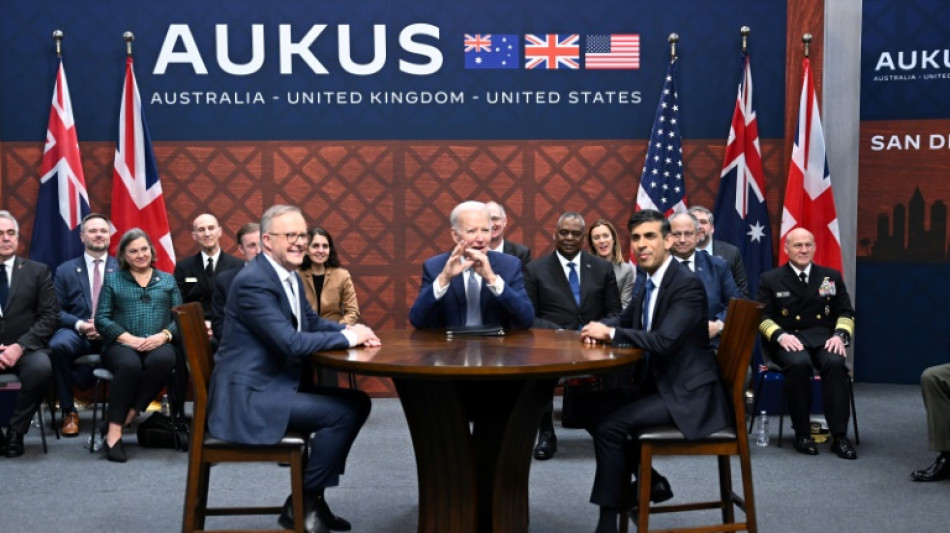
-
 Scorching 1,500m return for Olympic great Ledecky in Florida
Scorching 1,500m return for Olympic great Ledecky in Florida
-
Israel's Netanyahu warns wildfires could reach Jerusalem

-
 Istanbul lockdown aims to prevent May Day marches
Istanbul lockdown aims to prevent May Day marches
-
Australian guard Daniels of Hawks named NBA's most improved
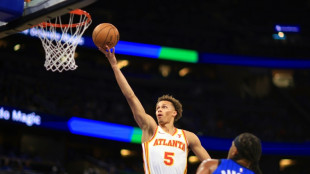
-
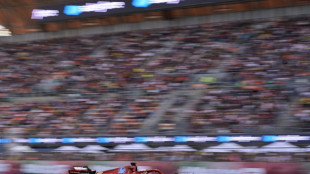 Mexico City to host F1 races until 2028
Mexico City to host F1 races until 2028
-
Morales vows no surrender in bid to reclaim Bolivian presidency
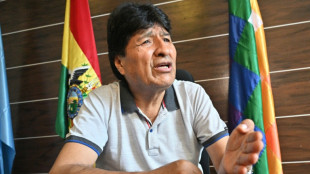
-
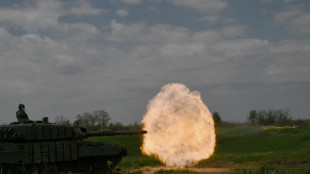 Ukraine, US sign minerals deal, tying Trump to Kyiv
Ukraine, US sign minerals deal, tying Trump to Kyiv
-
Phenomenons like Yamal born every 50 years: Inter's Inzaghi

-
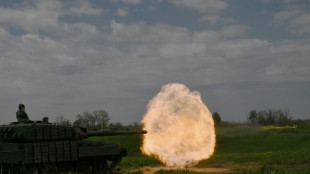 Ukraine, US say minerals deal ready as Kyiv hails sharing
Ukraine, US say minerals deal ready as Kyiv hails sharing
-
Global stocks mostly rise following mixed economic data
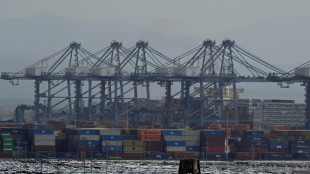
-
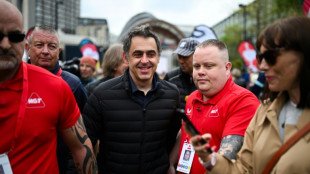 O'Sullivan says he must play better to win eighth snooker world title after seeing off Si Jiahui
O'Sullivan says he must play better to win eighth snooker world title after seeing off Si Jiahui
-
Sabalenka eases past Kostyuk into Madrid Open semis

-
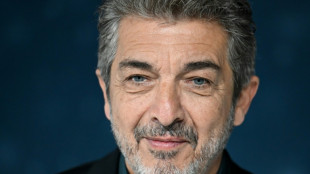 Netflix's 'The Eternaut' echoes fight against tyranny: actor Ricardo Darin
Netflix's 'The Eternaut' echoes fight against tyranny: actor Ricardo Darin
-
US economy unexpectedly shrinks, Trump blames Biden
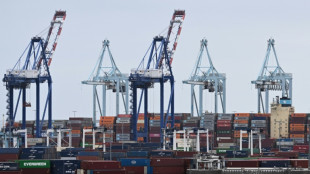
-
 Barca fight back against Inter in sensational semi-final draw
Barca fight back against Inter in sensational semi-final draw
-
Meta quarterly profit climbs despite big cloud spending
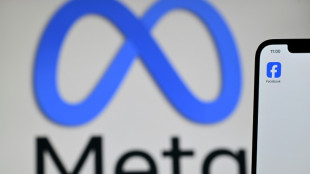
-
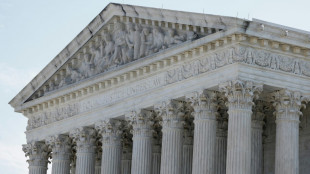 US Supreme Court weighs public funding of religious charter school
US Supreme Court weighs public funding of religious charter school
-
Climate change made fire conditions twice as likely in South Korea blazes: study

-
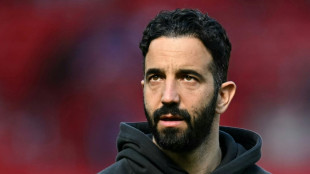 Amorim says not even Europa League glory can save Man Utd's season
Amorim says not even Europa League glory can save Man Utd's season
-
Syria reports Israeli strikes as clashes with Druze spread

-
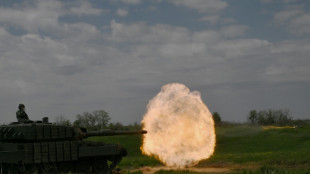 Ukraine, US say minerals deal ready as suspense lingers
Ukraine, US say minerals deal ready as suspense lingers
-
Everything is fine: Trump's cabinet shrugs off shrinking economy
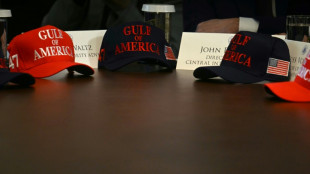
-
 Chelsea boss Maresca adamant money no guarantee of success
Chelsea boss Maresca adamant money no guarantee of success
-
Wood warns England cricketers against 'dumb' public comments

-
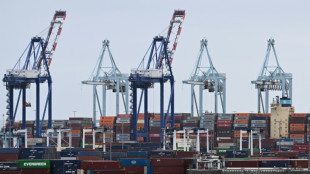 US economy shrinks, Trump blames Biden
US economy shrinks, Trump blames Biden
-
Caterpillar so far not hiking prices to offset tariff hit
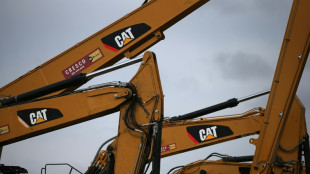
-
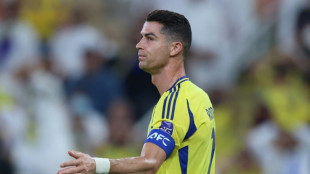 Japan's Kawasaki down Ronaldo's Al Nassr to reach Asian Champions League final
Japan's Kawasaki down Ronaldo's Al Nassr to reach Asian Champions League final
-
Trump praises Musk as chief disruptor eyes exit
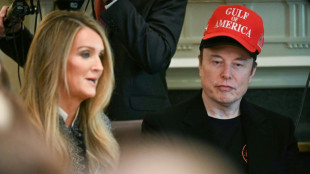
-
 Chahal hat-trick helps Punjab eliminate Chennai from IPL playoff race
Chahal hat-trick helps Punjab eliminate Chennai from IPL playoff race
-
Pope Francis saw clergy's lack of humility as a 'cancer': author
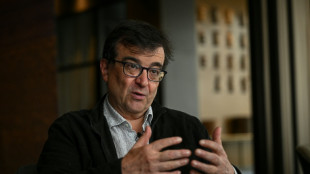
-
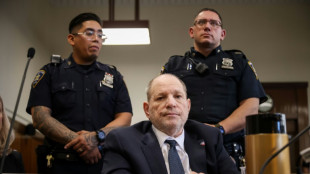 Weinstein accuser recounts alleged rape at assault retrial in NY
Weinstein accuser recounts alleged rape at assault retrial in NY
-
Piastri heads into Miami GP as the man to beat

-
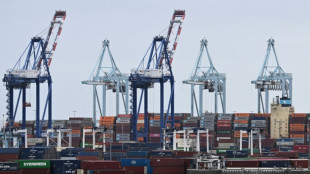 US economy unexpectedly shrinks in first quarter, Trump blames Biden
US economy unexpectedly shrinks in first quarter, Trump blames Biden
-
Maxwell likely to miss rest of IPL with 'fractured finger'
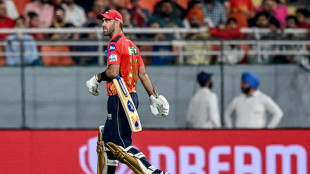
-
 Syria reports Israeli strikes after warning over Druze as sectarian clashes spread
Syria reports Israeli strikes after warning over Druze as sectarian clashes spread
-
Despite war's end, Afghanistan remains deep in crisis: UN relief chief

-
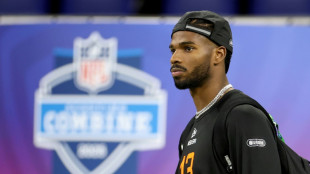 NFL fines Falcons and assistant coach over Sanders prank call
NFL fines Falcons and assistant coach over Sanders prank call
-
British teen Brennan takes stage 1 of Tour de Romandie

-
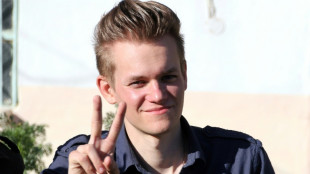 Swedish reporter gets suspended term over Erdogan insult
Swedish reporter gets suspended term over Erdogan insult
-
Renewable energy in the dock in Spain after blackout
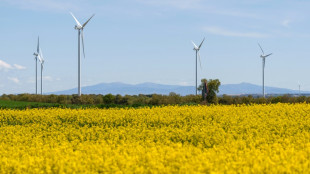
-
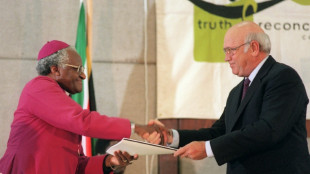 South Africa sets up inquiry into slow apartheid justice
South Africa sets up inquiry into slow apartheid justice
-
Stocks retreat as US GDP slumps rattles confidence
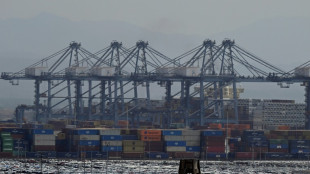
-
 Migrants' dreams buried under rubble after deadly strike on Yemen centre
Migrants' dreams buried under rubble after deadly strike on Yemen centre
-
Trump blames Biden's record after US economy shrinks
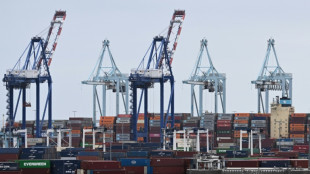
-
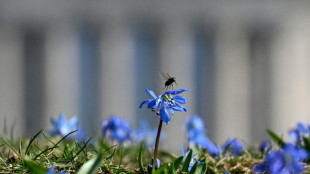 UK scientists fear insect loss as car bug splats fall
UK scientists fear insect loss as car bug splats fall
-
Mexico avoids recession despite tariff uncertainty
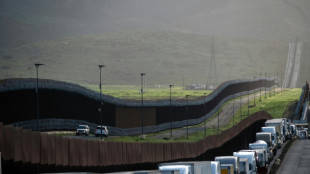
-
 Rwandan awarded for saving grey crowned cranes
Rwandan awarded for saving grey crowned cranes
-
Spurs have 'unbelievable opportunity' for European glory: Postecoglou
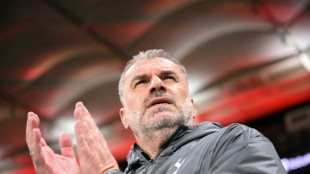
-
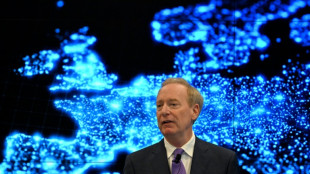 Microsoft president urges fast 'resolution' of transatlantic trade tensions
Microsoft president urges fast 'resolution' of transatlantic trade tensions
-
Poppies flourish at Tower of London for WWII anniversary


Nuclear submarine deal lurks below surface of Australian election
A landmark security pact to overhaul Australia's navy with American muscle faces growing scepticism, stoked by its eyewatering cost and growing distrust of US President Donald Trump.
But the sweeping deal, which will see Australia buy nuclear-powered submarines from the United States, is just about the only thing not up for debate ahead of Saturday's closely fought election.
Australia, the United States and the United Kingdom signed the AUKUS agreement to great fanfare in 2021, joining forces in a multi-decade effort to balance China's military might.
AUKUS commits Washington, London and Canberra to the joint development of cyber warfare tools, artificial intelligence and hypersonic missiles.
A key feature is for Australia to acquire a fleet of cutting-edge nuclear-powered submarines from the United States.
Government forecasts estimate the submarine programme alone could cost Australia up to US$235 billion over the next 30 years -- one of its biggest-ever defence investments.
The price, as well as Trump's return as commander-in-chief and his "America-first" foreign policy, has critics questioning the agreement.
"AUKUS is a terrible deal. It is so unfair to Australia," former conservative prime minister Malcolm Turnbull said earlier this year.
"(Trump) will be thinking: who are these dumb guys who agreed to this?"
But both left-leaning Prime Minister Anthony Albanese and his conservative challenger Peter Dutton are adamant that -- whoever wins the May 3 poll -- AUKUS is here to stay.
It is almost the sole area of agreement between two leaders with wildly different views on everything from climate change to immigration.
"What we need is certainty, what we need is bipartisanship on issues of defence policy," Albanese said on the campaign trail this month.
- 'Dumb guys' -
Australia plans to acquire at least three Virginia Class submarines from the United States within the next 10 to 15 years.
Eventually, and with American help, Australia aims to manufacture nuclear-powered submarines itself.
These submarines -- a tightly guarded piece of American military hardware -- would prowl the Indo-Pacific, making China think twice before any skirmish in flashpoints like the Taiwan Strait.
The US navy has a fleet of 24 Virginia-class vessels, which can carry cruise missiles, but American shipyards are struggling to meet production targets set at two new boats each year.
Critics question why the United States would sell nuclear-powered submarines to Australia without stocking its own military first.
Others fear a scenario in which Australia forks out hundreds of millions in deposits and down payments, only for a mercurial Trump to tear up the deal on a whim.
"This government has sold out to the United States," another former prime minister, Paul Keating, said in 2024.
"They've fallen for dinner on the White House lawn."
Michael Green, who runs the United States Studies Centre in Australia, said AUKUS was still the best route in the absence of a "credible second option".
"Understandably, there is anxiety in Australia about whether AUKUS can survive Trump. Because nothing seems sacred to him," the former National Security Council advisor told AFP.
"But there is no indication that the Trump administration would change course. So much prestige and so much effort has been put into this."
- Trump distrust -
From World War II to the Iraq invasion in 2003, the United States has long counted Australia as one of its most resolute military allies.
But the longer Trump sits in the Oval Office, the less faith the Australian public seems to have in a nation sometimes dubbed its "greatest friend".
"The unambiguous finding is that Australians have far less trust in the US than there has ever been," said Ryan Neelam, who runs the annual Lowy Institute public poll on Australia's foreign affairs.
Only 36 percent of Australians trust the United States, according to the poll's latest findings from April, down 20 percentage points from 2024 to the lowest in almost two decades of Lowy Institute polling, Neelam said.
Despite misgivings about Trump, however, Neelam said most Australians still put their faith in the longstanding alliance.
"There's strong political bipartisanship on this issue, it's not divisive.
"Albanese and Dutton are united in backing in the alliance. That makes a difference."
F.Pedersen--AMWN